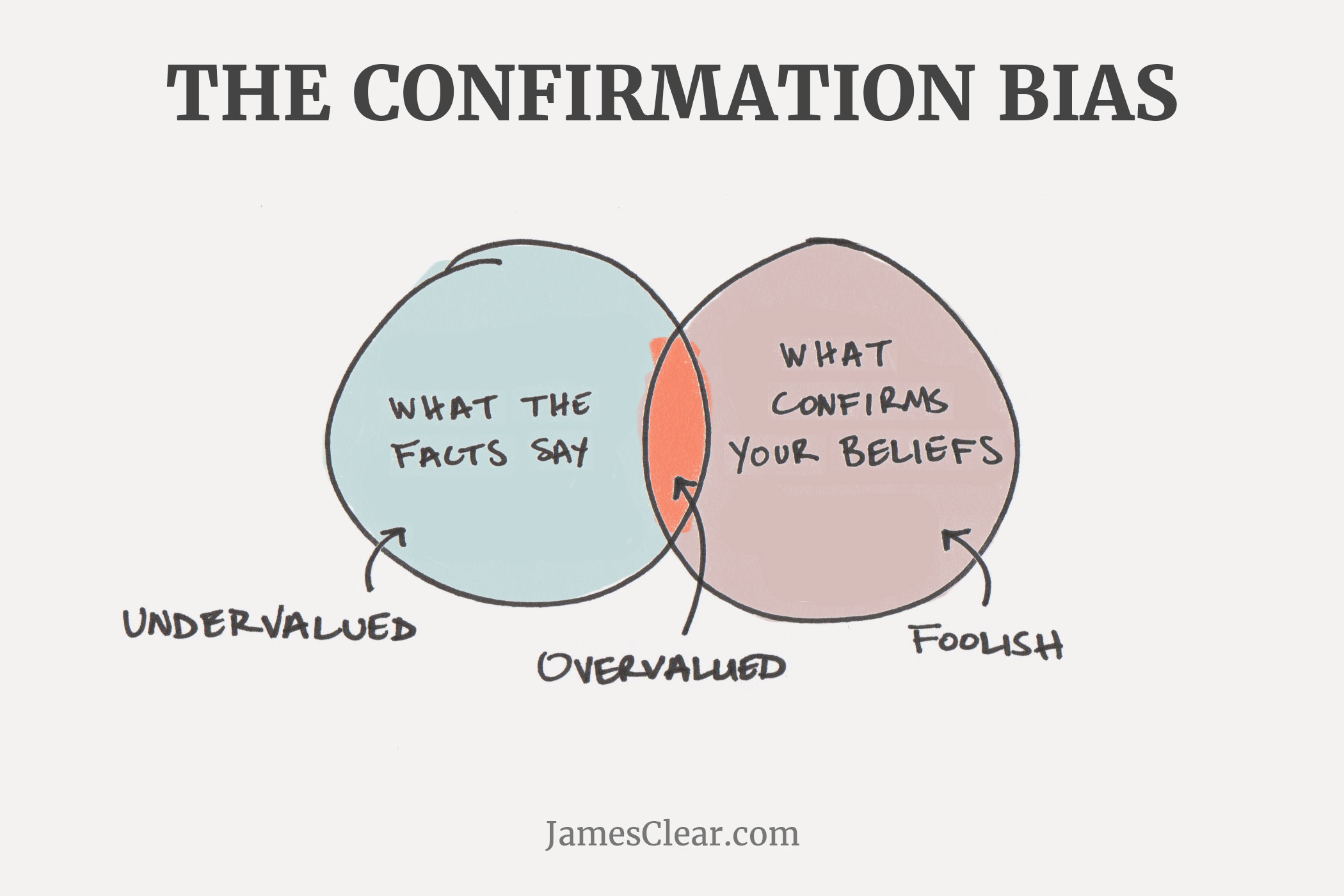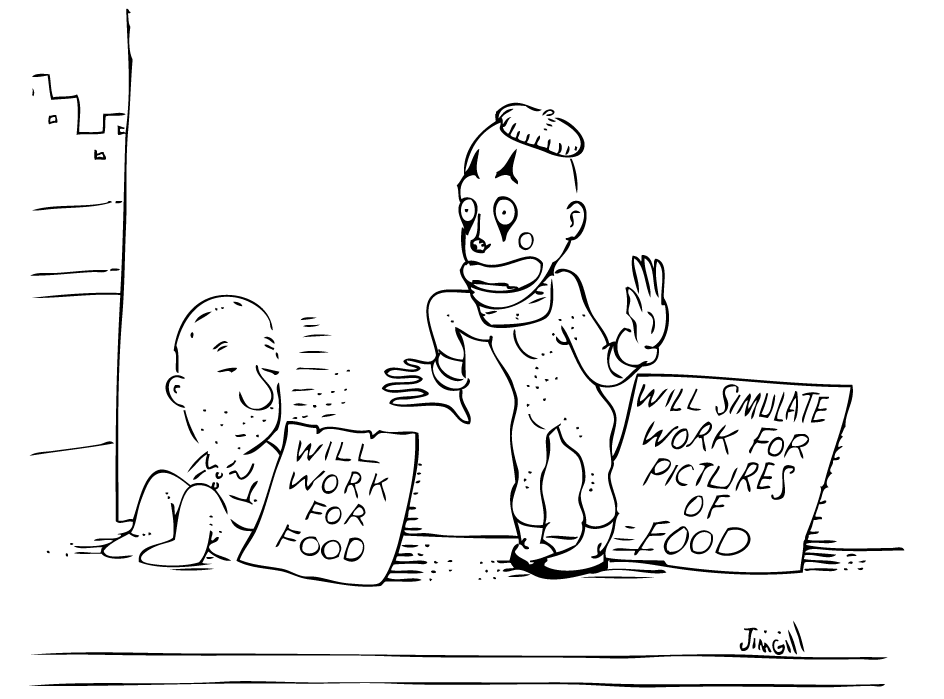The Stink.
BIFA, which handed out all its trophies last Sunday night, is now the first awards organisation in the world to insist its membership undergo cognitive bias training before voting. Considering some of the numbers I discussed last week, that seems entirely laudable. Nevertheless in the session I attended the mood ranged from nervousness to outright cynicism, and that was just me.
The BIFA effort is not just around the much campaigned against wrongs of sexism, racism, homophobia, religious discrimination or blunt gender binaries. The concern extends to the favouring of big studios, higher budgets, famous faces and all the other quiet ways our industry unlevels its playing field. All the things no one admits to doing but that everyone can see are being done.
Prejudice in this form is an uncomfortable subject because the essence of an unconscious bias is that the owner is necessarily unaware of it. Like appalling body odour you cannot smell, even when painfully aware of everyone else’s.
Patriarchy is another term that causes both buttocks and teeth to clench. As with your unconscious bias, your relationship to the patriarchy, positive or negative, is something you are born into. It wraps around you invisibly from your first interactions. Many men I know feel stung by accusations of bad behaviour, bad thought or unearned advantage based purely on their entirely unwitting possession of one set of genitals. I’ll assume you’ve pegged the irony of that and move on.
I’ve been on a break from this blog and in my absence our industry has been struck by a long over due realisation of a deep running stink. The dust has settled, the scapegoats safely tethered and it’s easy now for us all to sink back into the comforting knowledge that however bad the smell still is, it’s definitely someone else creating it. However the appalling behaviour of a few men within our industry depended upon the quiescence of a far greater number of people who were in turn supported in their silence by a culture that each of us has played a part in propagating.
Cinema remains one of popular culture’s essential compost heaps, but whilst most films trumpet self-respect or the care of a community, these are not the values that fertilise our industry. Rather it is the onscreen gangsters and cowboys who best reflect the culture behind the camera.
Forget the colourful monsters of Hollywood legend or the despicable hate figures of yesterday’s tweets. The everyday art and craft of moving pictures remains riddled with practices, beliefs and bad habits that when challenged get explained just as “that’s how proper films do it”. Much of this pervasive culture of manipulation, condescension and bullying is rooted in the Patriarchy but I don’t want to give a free pass to the 18% of us who aren’t dicks biologically. So I prefer the term my brother coined for the various unthinking systems that govern our creative industry – “The Machine”.
Where better to start a conversation about The Machine and how to dismantle it then here on Shooting People, the shouty, contradictory but brilliant beating heart of the truly independent cinema maker? Over the next few weeks I’m going to look at a few of the areas where I think The Machine operates and I hope you’re going to argue with me about all of them. This isn’t a manifesto, it’s a conversation.
Before we start that though, I wanted to underline the most important and heartening lesson I learnt when BIFA made me dissect my own dark heart: we all have unconscious bias. Our expectations for ourselves and of others are all framed by the society we are a part of. But though we are the products of our history we are not its prisoners. Simply by being aware you have a bias, by consciously allowing for it, you will find your actions change. A moments’ self awareness is deodorant for your soul.
























